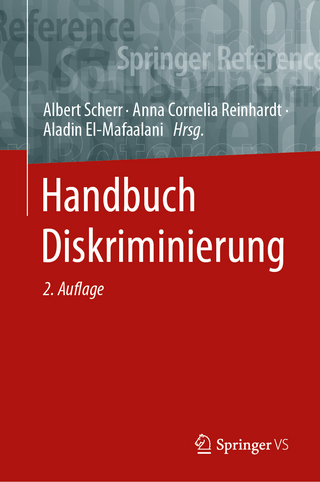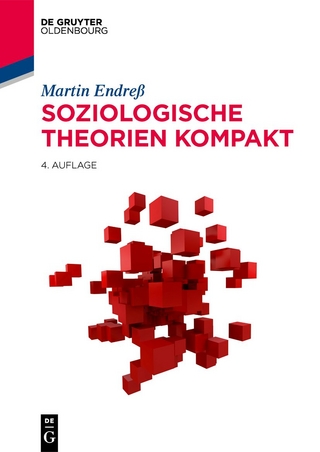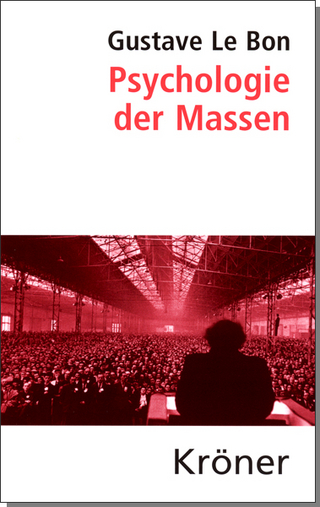
Home Science Extension Education and Rural Development
Anchor Academic Publishing (Verlag)
978-3-96067-113-8 (ISBN)
The meaning, process and evolution of extension and extension systems from India's pre independence era to the present era are described in this book as well as the different extension teaching methods and teaching aids used while extending information at villages. The book also comprehends the relationship between Home Science education and extension systems familiarizing with the structural and functional concepts of rural society. The concept, use, importance and limitations of each of the extension teaching methods are important to know for extension workers so that they can use them efficiently. However, these course contents are primarily meant for the use of student communities, teaching and research fraternities of Home Science, Agricultural and allied Sciences all over the globe in general and India in particular.
Text Sample:
Chapter 4.11.2. TYPES OF LEARNING:
Learning by trial-and-error-the main characteristic of this type of learning is that the relation between means and ends is not clear but is negligible and superficial. This tendency is generally found in animals. They repeat various actions and reactions and then accept only those, which are beneficial through their selection criteria. It is impossible to learn anything at once. The Learning process is a slow and step-by-step process. Method of learning by trial and error is not an obsolete method, but a reform method. Those efforts, which are successful, will be repeated and unsuccessful efforts will either be abandoned or reformed. This way, a person will be able to solve his problem through successful and reformed efforts.
Learning by insight: In this theory, it is believed that insight is necessary for all learning processes. It is essentially required, when we face difficulties and are unable to comprehend the crisis completely. Only through "Trial and Error" method, a person is unable to solve/remove obstacles; for this, he needs insight as well. [...].
Learning by observation: Observation implies concentration of the mind of the subject. In order to derive benefits of observation method in the field of education, the process of learning should start from visual objects because it helps the student to concentrate on it. They are unable to concentrate on objects having no figure or form. In the future, through practice they will be able to acquire knowledge from them.
Learning by Imitation: People imitate only those persons which are superior to them and excel in their field. Sometimes a person imitates purposely and sometimes unconsciously. In learning process, we imitate intentionally with full awareness, i.e., acquiring excellence in writing, in making a picture.
4.11.3. THEORIES OF LEARNING:
Main theories of learning are given below:
4.11.3.1. THEORY OF CONNECTING:
E.L. Thorndike has described this theory in his book "Foundation of Learning" in the year 1913, in this way: "Learning is connecting. The mind is man's connection system." This relation is not only found between excitement and reaction. It also exists between physical and mental activity. "In learning process, the relation of any mental activity with physical activity, mental activity with mental activity, or physical activity with physical activity is necessary".
4.11.3.2. THEORY OF LEARNING BY CONDITIONING:
Pavlov, Baeyschler and Watson have propounded this theory. According to Ladell, "In a conditioned reflex, the natural stimulus to action has been replaced by an otherwise ineffective stimulus, which has become effective through association." In this theory relation between certain reactions to a certain situation is established, though there were no prior relations between them.
4.11.3.3. THEORY OF INSIGHT:
According to the progenitor of this theory, the famous psychologist Cohler, a person, first of all, tries to understand the new situation and then acts accordingly. He does not react all of a sudden, but his acts are aim-oriented. This way, he establishes a relation to the environment after great deliberation. Understanding of the whole environment of a person shows his insight into life. In German language, this psychology is called "Gestalt." It has been defined by Good as- "Insight is a matter of observing new relationship by creating a new sensory organization or meaningful pattern".
4.11.3.4. THEORY OF REINFORCEMENT:
C.L. Hull, a famous American psychologist, is the father of this theory. Thorn dike and Pavlov's theory form the basis of his theory. He has defined his theory in his famous book "Principles of Behavior" in this way- "Learning takes place through a process of a need reduction." The basis of learning is not trial and error or conditioning. A person is eager to learn that theory which he perceives as capable of fulfilling his needs.
4.11.3.4.1. CHARACTERISTICS OF THIS T
| Erscheinungsdatum | 20.03.2017 |
|---|---|
| Sprache | englisch |
| Maße | 155 x 220 mm |
| Gewicht | 546 g |
| Themenwelt | Sozialwissenschaften ► Soziologie ► Allgemeine Soziologie |
| Sozialwissenschaften ► Soziologie ► Spezielle Soziologien | |
| Schlagworte | education in India • Extension education • Extension teaching • Home Science • rural sociology • teaching aid • visual aid |
| ISBN-10 | 3-96067-113-X / 396067113X |
| ISBN-13 | 978-3-96067-113-8 / 9783960671138 |
| Zustand | Neuware |
| Haben Sie eine Frage zum Produkt? |
aus dem Bereich


